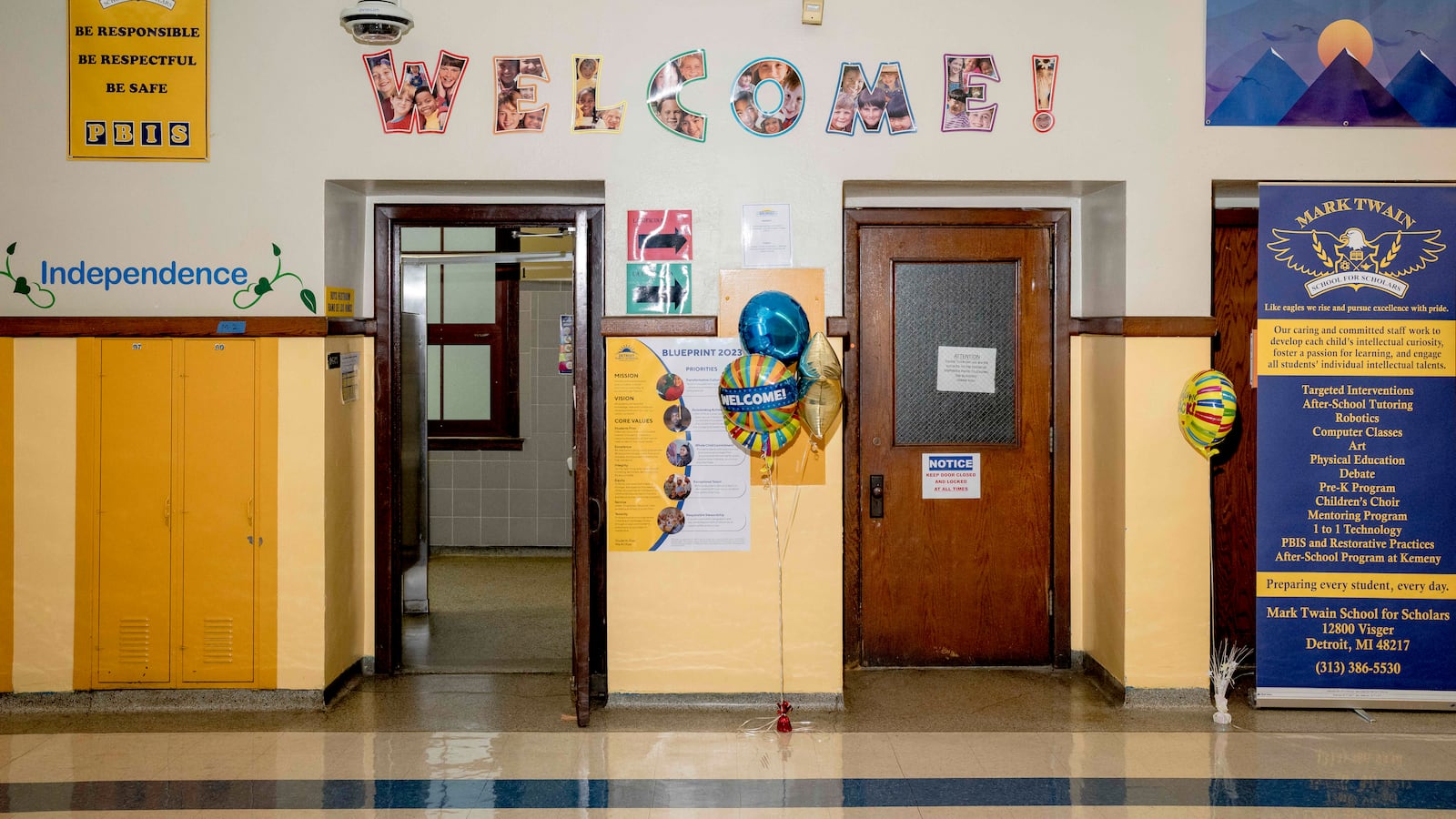In March 2018, two months before graduating from the University of North Carolina Wilmington, I was recruited and hired to teach in a small city outside of Charlotte. I was beyond psyched that my dream of becoming a middle school teacher was finally within reach. I had plans for engaging my students in meaningful and developmentally responsive lessons. I imagined learning and sharing among supportive colleagues.
But by October, two months into my first year as a sixth grade ELA and social studies teacher, my excitement had morphed into disappointment. I was not included in planning meetings, beginning teacher conferences, or any other professional development opportunities. I should familiarize myself with the materials they gave me, school leaders told me.

The expectation was that I reverse-engineer my lessons from the piles of worksheets and graphic organizers left on my desk each week. Many first-year teachers struggle with classroom management, and I was no exception. Teaching on the fly, which isn’t at all my style, made things worse. I felt anxious walking into the building each day.
After speaking with administrators to no avail, I decided to ride out the year as best I could, building meaningful relationships with my students, some of whom struggled daily with behavior at school. I listened as they told me about challenging situations at home. I wanted them to know that I cared and would advocate for them.
Through it all, I never doubted that I wanted to teach; I just knew that I needed to find a school that was a better fit. So in January, I quietly began looking for a teaching position for the following fall.
I realized then, as I do now, that while my first-year experience was disappointing, it was not a total loss. I started to think of it as a “Beginning Teacher Playbook” of sorts. I was now armed with interview questions about teacher mentorship, professional learning community expectations, and how I would be expected to contribute to my new teaching team. I understood what I needed from my next school and what I desperately had to avoid.
In June of that year, I attended a jobs fair in the Charlotte Mecklenburg district, where I met a McClintock Middle School principal. He told me about his expectations and listened. I expressed what I needed to be a successful teacher — all without speaking ill of my first school. A new partnership was forged that day, and I was offered a job teaching eighth grade ELA on the spot.
I felt anxious walking into the building each day.
On my first day there, I was assigned a mentor teacher, Mr. Jenkins, who observed my classes and provided specific and meaningful feedback. He helped shape my classroom management, teaching me to be fair, firm, and consistent. I still have a Google Drive folder named “Mentorship” filled with complete lessons, assessments, and other materials that I use to this day.
Now in my fourth year at McClintock, I am the chair of our school’s Faculty Advisory Committee and serve on multiple other committees, too. This year, one of our administrators approached me about being a teacher mentor. It truly warmed my heart — now I can offer up the support I so badly needed back in 2018. My mentee and I meet daily, so she can talk through her day and ask me any questions that she has. In the new year, we will be observing each other’s classes.
During my first meeting with my mentee this fall, I shared that “Mentorship” folder, happily passing along what my own mentor shared with me more than three years ago.
At McClintock, I have found the school I dreamed of during college, and I worried I’d never find that first year in the classroom. I can’t imagine ever leaving.
Eric J. Gaestel is an English Language Arts teacher at McClintock Middle School in Charlotte, North Carolina.



